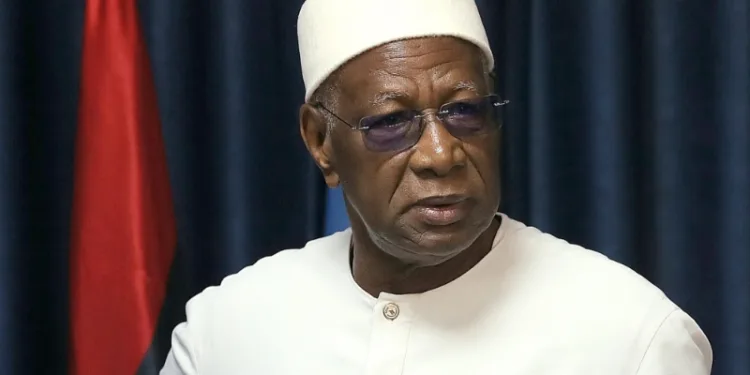Abdoulaye Bathily, who previously held the position of the Secretary-General’s Special Representative for Libya and spearheaded the United Nations Support Mission in Libya (UNSMIL), has tendered his resignation to Secretary-General Antonio Guterres.
Bathily, in a statement released on Tuesday, attributed his decision to the considerable challenges he encountered while attempting to mediate.
Bathily conveyed his disappointment upon facing continuous opposition, impractical requests, and lack of concern for the well-being of the Libyan population while striving to promote discussion and tackle pertinent matters.
Call For Political Solution
Abdoulaye Bathily, who took office in September 2022, stressed the critical necessity for Libyan leaders to reach a political solution through dialogue and negotiations.
READ MORE: X Risks Fines As Elon Musk Insists On Violating Court Order
He underlined the need to put the wishes of the 2.8 million registered Libyan voters above the narrow interests of a privileged minority.
Bathily’s Resignation Sparks Worries
Abdoulaye Bathily’s decision to step down has raised concerns regarding the trajectory of U.N. mediation endeavors in Libya and the ongoing pursuit of political stability in this strife-torn nation.
The exact timing of Bathily’s formal resignation has not been announced, creating uncertainty about the transition process and potential successors to lead UNSMIL.
Bathily Urges Libyan Leaders To Prioritize National Interests To Resolve The Country’s Crisis
Abdoulaye Bathily who is now a former UN Libya envoy has emphasized the urgency for Libyan leaders to prioritize the country’s needs over personal ambitions amid a fraught political standoff.
During an address to the Security Council, Bathily expressed frustration with the ongoing political deadlock in Libya, marked by “stubborn resistance, unreasonable expectations, and indifference.”
Bathily highlighted the significant challenges faced by UN-led initiatives aimed at mediating Libya’s political crisis since late 2022.
He noted the collective resistance among national and regional figures against engaging “in earnest” and their reluctance to hold timely elections.
Bathily remarked on the concerning tendency of influential figures to place personal gains before the broader welfare of Libya, stating, “With a deep sense of disappointment, it is disheartening to witness individuals in positions of power putting their interests above the needs of their country.”
He called for a shift in focus towards a political settlement through dialogue and compromise, emphasizing the importance of not letting “the aspirations of 2.8 million registered Libyan voters be overshadowed by the narrow interests of a few.”
Bathily also shed light on Libya’s deteriorating economic conditions, warning of a looming liquidity crisis and underlining the public’s growing frustration over economic instability.
He urged Libyan authorities to address both the symptoms and root causes of harmful economic practices promptly.
The security landscape in Libya remains precarious, with ongoing concerns about the heavy presence of armed actors in key cities, posing significant risks to civilians. Bathily underscored the potential regional ramifications, suggesting that escalating tensions could worsen instability across the Sahel.
When Was the Last Time Election Was Conducted In Libya?
Libyans have not voted in presidential or parliamentary elections since 2014 when a contested vote led to divided rule.
Elections have been postponed multiple times as competing authorities disagree over amendments to constitutional rules.
UNSMIL was appointed by the UN Security Council in 2011 as a political mission to help facilitate a Libyan-owned political process that would result in national and parliamentary elections.
Back Story
Libya plunged into chaos after a NATO-backed uprising toppled and killed longtime dictator Moammar Gadhafi in 2011. In the chaos that followed, the country split, with rival administrations in the east and west backed by rogue militias and foreign governments.
The country’s current political crisis stems from the failure to hold elections on Dec. 24, 2021, and the refusal of Prime Minister Abdul Hamid Dbeibah — who led a transitional government in the capital of Tripoli — to step down.










